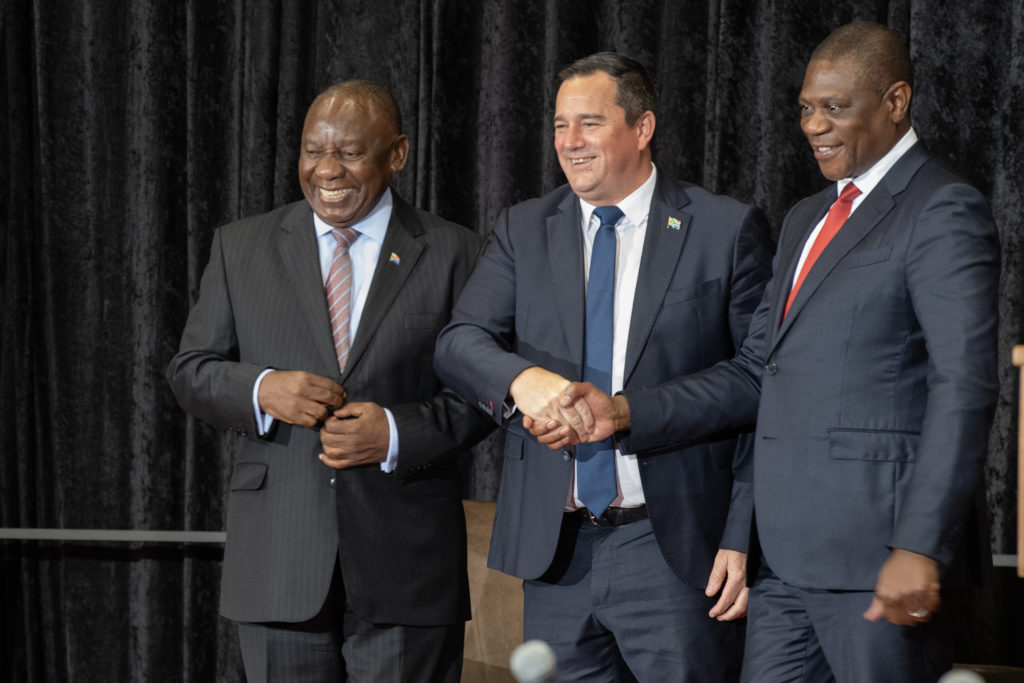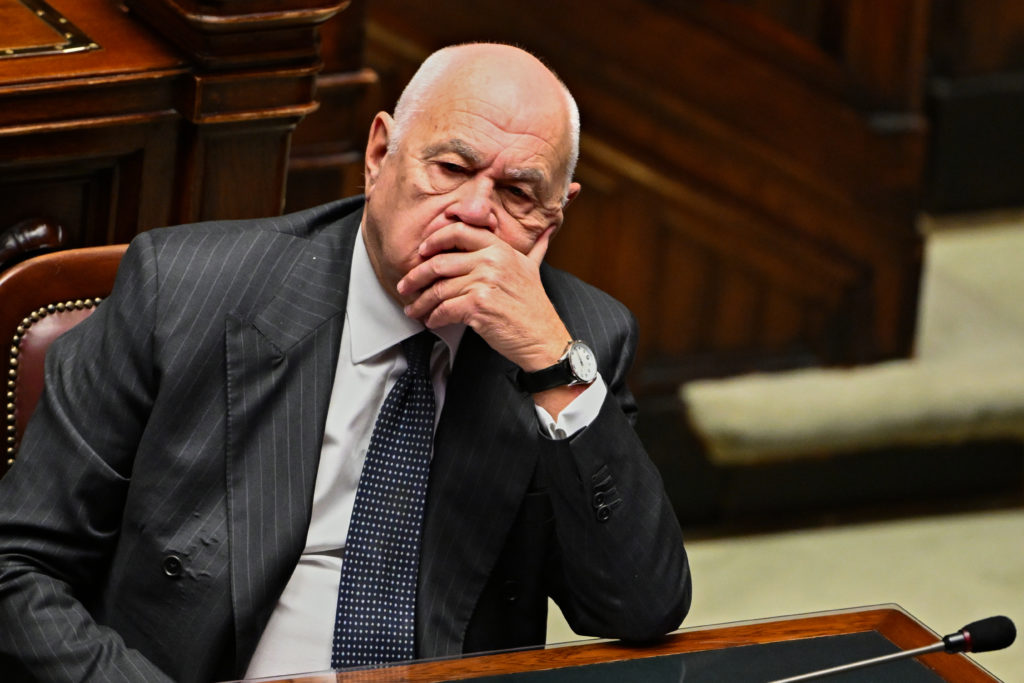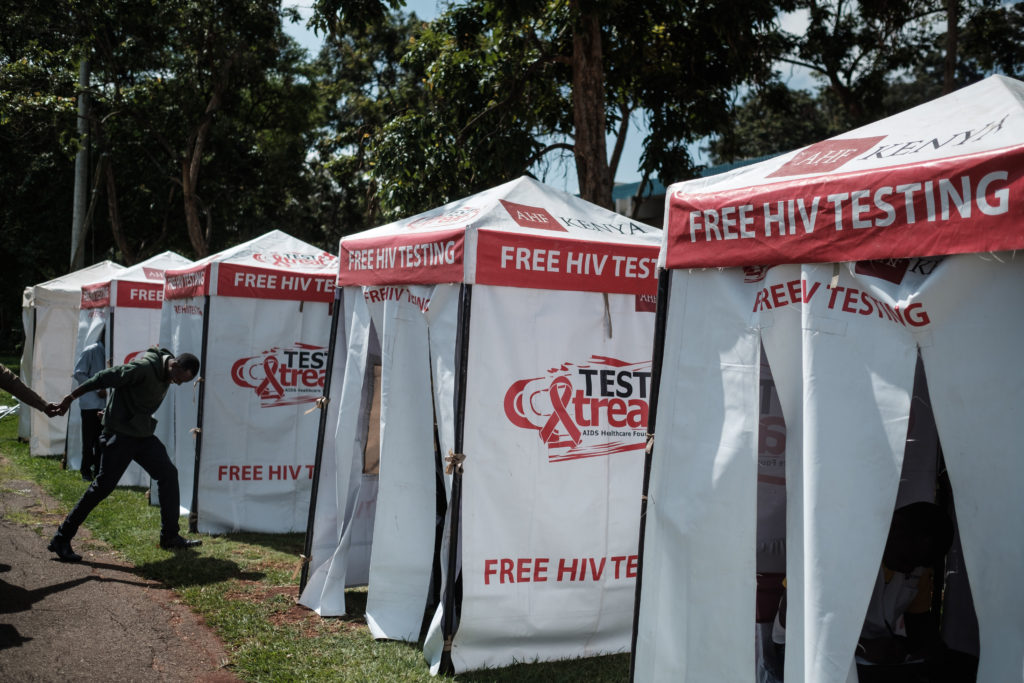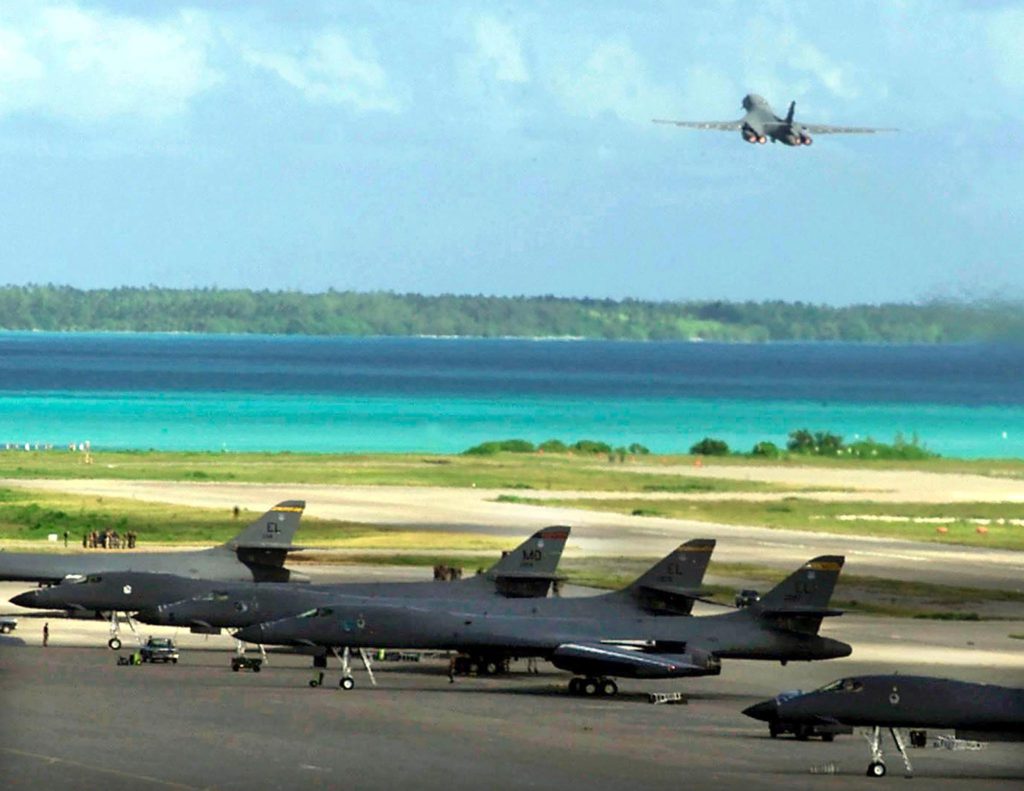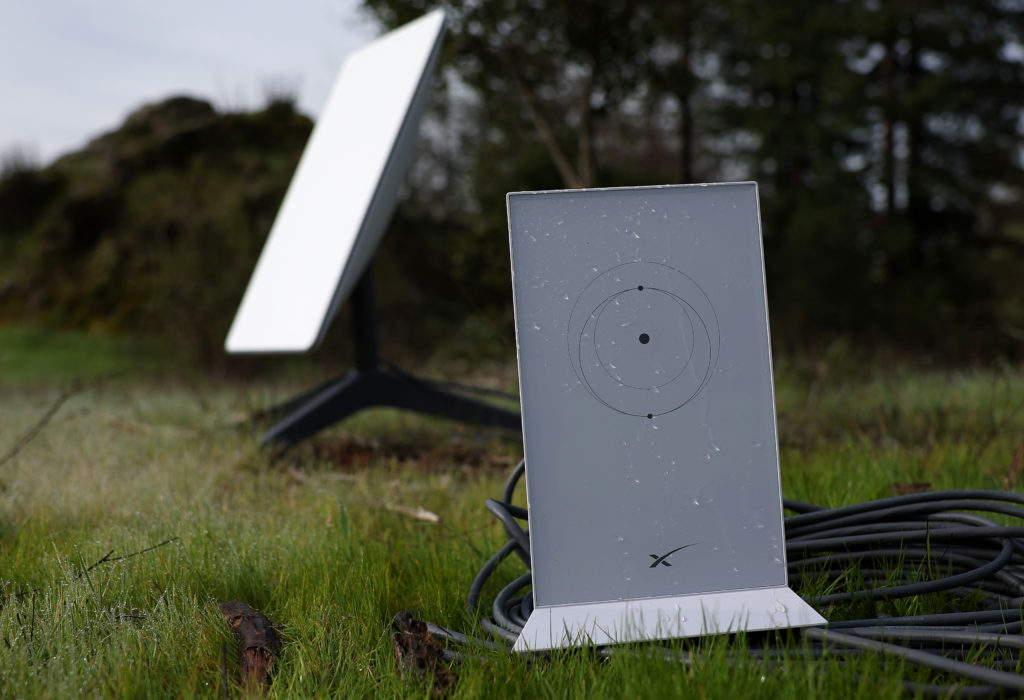South Africa’s unlikely unity government has been stretched and cracked in the seven months since it was formed but remains intact under the leadership of President Cyril Ramaphosa, who delivers its first state of the nation address Thursday.Several loud quarrels have erupted over sticking points such as language education in schools and Ramaphosa’s warm words towards Russia but nothing that has made real the threats and fears of collapse.”They think we are at each other’s throats. We are not. We continue to meet and talk,” Ramaphosa said in the wake of the latest crisis sparked by his signing of a property expropriation bill last month.The second-largest partner in the 10-party coalition, the Democratic Alliance, was angry that Ramaphosa signed the act without consulting his partners in the government of national unity (GNU).”This is not how coalitions work,” DA leader John Steenhuisen fumed. “We will not be reduced to being spectators.” But the party did not object to the need for land reform in the country, where most farmland is owned by white people. It also sided with Ramaphosa when the bill was attacked by US President Donald Trump as allowing the “confiscation” of property, saying this was untrue.The DA heads six ministries in exchange for propping up Ramaphosa’s ANC in government after it failed to win enough votes in the May election to govern alone, a first since the party took power in 1994 and ended decades of white-minority apartheid rule.It was an unlikely collaboration, with the DA a long and critical rival of the African National Congress (ANC).But the GNU has been credited with bringing some stability to the continent’s most industrialised economy as it faces a host of challenges, from an unemployment rate topping 30 percent to high rates of crime and corruption.- Big business -While it has fumed and flexed, the centre-right DA is also aware that, should it quit the unity government, the ANC could find support from the radical-left EFF and the populist MK parties, now in opposition.It is a scenario it calls a “doomsday coalition”. “This is something the DA will move Table Mountain to avoid,” Sunday Times editor-in-chief Makhudu Sefara wrote in a weekend column. “And therein lies the extent to which they’re prepared to compromise.”On the eve of Ramaphosa’s address laying out the GNU’s priorities, the DA leader said Wednesday his party was committed to fighting for more economic growth and jobs from inside the government.It will also continue to block the ANC “when it seeks to cause the country serious, lasting damage”, he said. It is “undeniable that South Africa is immeasurably better off now for having the DA in government”, Steenhuisen said.Despite some cynical manoeuvring at local government level — for example, to push out the DA mayor of the city of Tshwane in September — the coalition will even survive bitter local elections due in late 2026, political scientist Susan Booysen told AFP. “They could actually go into a poisonous, toxic local government election campaign and continue with the national coalition,” she said. “It’s such a schizophrenic type of coalition.”Ramaphosa, meanwhile, is walking a fine line within his own party, where a significant faction wants him to assert that the ANC “is not in the DA’s pocket”, she said.But should Ramaphosa not complete his term as president, with his future as head of the party not guaranteed after ANC leadership elections in 2027, his successor is also unlikely to end the fractious collaboration, political scientist Sandile Swana said.”Even if Ramaphosa is removed, I do not think they will kick the DA out of government,” he said.”The GNU, as things stand, will last the five-year period.”
Wed, 05 Feb 2025 15:22:06 GMT

